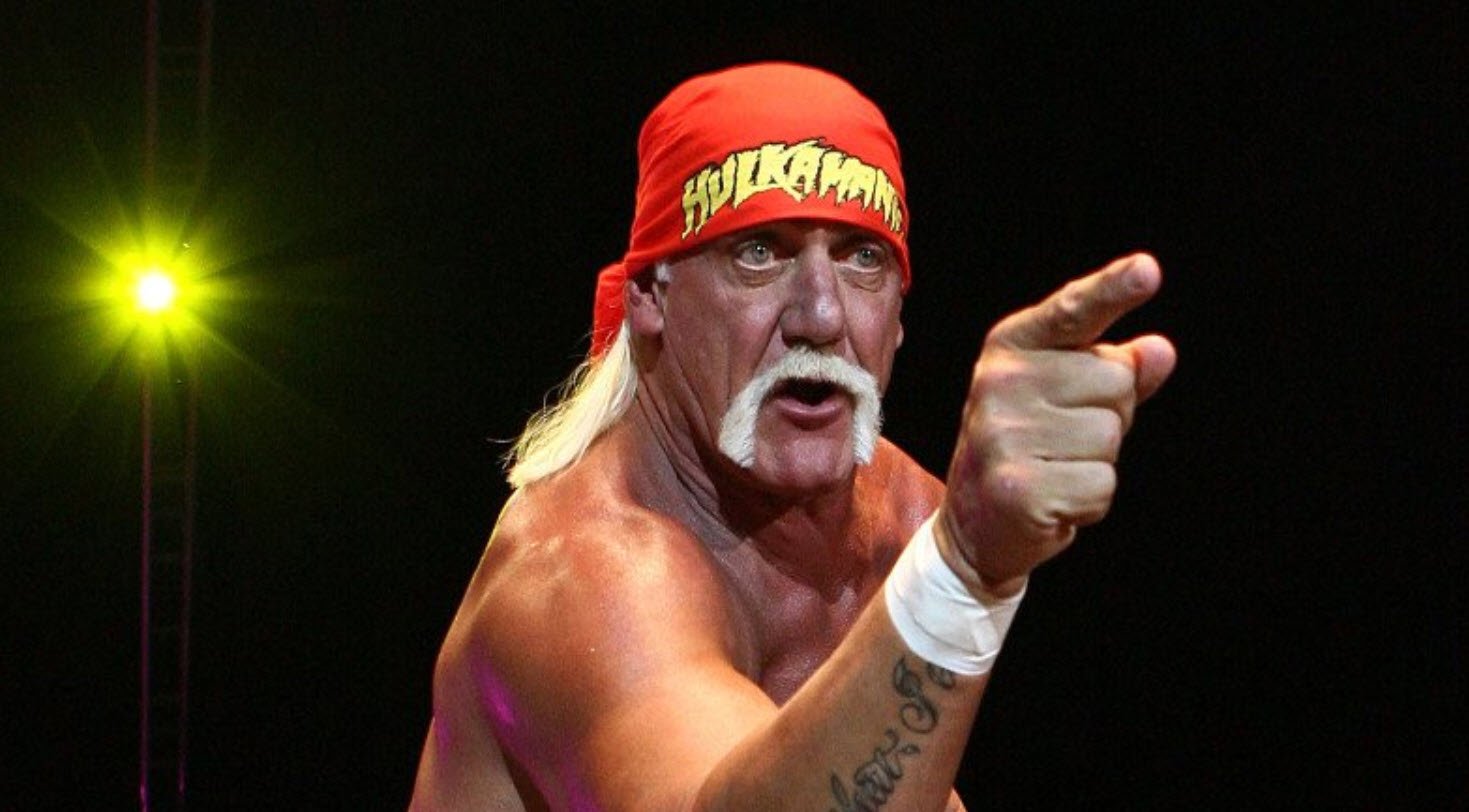Recently Added

WWE Legend Hulk Hogan Dies at 71
The world of professional wrestling is in shock and mourning as news emerges that Hulk Hogan, one of the most iconic figures in sports and entertainment history, has died at age 71. The legendary wrestler, born Terry Gene Bollea, passed away early Thursday morning at his home in Clearwater, Florida, reportedly due to cardiac arrest. Medics and emergency responders were called to the scene, and he was transported from his residence on a stretcher, but lifesaving efforts were sadly unsuccessful.
Hulk Hogan was, for many, the very face of professional wrestling. He began his wrestling career in 1977, but his meteoric rise started in 1983, when he signed with the World Wrestling Federation (WWF, now WWE). Instantly recognizable for his larger-than-life persona, blond horseshoe moustache, and massive frame, he stood 6’7” and weighed over 300 pounds in his prime, he revolutionized wrestling, transforming it from a niche, regional spectacle into a mainstream, family-friendly entertainment juggernaut.
Dubbed "The Immortal" and "The Hulkster," Hulk Hogan brought unmatched charisma and showmanship to the ring. His signature look yellow trunks, bandana, and the tear-away shirt became cultural symbols, and his rallying cries of “say your prayers and eat your vitamins” endeared him to millions of fans whom he lovingly dubbed “Hulkamaniacs.”
His career is defined by an era known as “Hulkamania.” His presence propelled the WWF into the stratosphere. He headlined eight of the first nine WrestleMania events, the sport’s most significant annual show and played a pivotal role in memorable clashes against rivals like Andre the Giant, Randy Savage, and Ultimate Warrior.
A pinnacle moment came at WrestleMania III, where Hulk Hogan body-slammed the 7’4”, 520-pound Andre the Giant before 93,173 fans in the Pontiac Silverdome, a moment regarded as one of the defining highlights in wrestling history. His persona transcended the squared circle, leading to appearances on late-night television, in music videos, and even on the cover of Sports Illustrated, the first wrestler ever to receive that honor.
Hogan’s accolades include:
- Five-time WWF Champion, with his first reign including a record 1,474 days, ushering in the modern era of wrestling's popularity.
- Six-time WCW World Heavyweight Champion after moving to World Championship Wrestling in the ‘90s.
- First to win consecutive Royal Rumble matches (1990, 1991).
- Inducted into the WWE Hall of Fame twice individually in 2005 and with the New World Order (nWo) in 2020.
His rivalry with Andre the Giant during prime-time television set viewership records that still stand, with more than 33 million Americans tuning in to see the drama unfold.
Hulk Hogan reinvented himself in 1996 by taking an unexpected villainous turn, adopting the “Hollywood” Hulk Hogan persona and founding the infamous stable known as the New World Order (nWo). This reinvention breathed new life into his career and triggered the wrestling boom of the late 1990s, turning Hogan into a focal point of the “Monday Night Wars” between WWF and WCW.
While much of his life was spent in the spotlight, he was candid about his struggles inside and outside the ring. Over the years, Hogan endured more than 25 surgeries, the toll of decades of physical competition finally catching up with him. In recent years, he underwent numerous back and neck procedures but continued to engage with fans both online and in-person, often dismissing rumors about his health, insisting that his heart was "strong" until his final days.
Hulk Hogan became a genuine pop-culture icon. He starred in films such as No Holds Barred, Suburban Commando, and Mr. Nanny, and became an enduring television presence with his family reality show Hogan Knows Best. He guest-starred on everything from Saturday morning cartoons to network comedy and even launched a line of branded merchandise and video games that bore his image.
Following his passing, tributes poured in from the worlds of sports, entertainment, and his legions of fans. WWE issued a heartfelt statement, calling him “one of the most prominent figures in pop culture” and crediting him with helping the WWE reach worldwide recognition.
His wrestling peers, protégés, and fans mourn the loss of a man whose impact on the industry is immeasurable. Longtime promoter Eric Bischoff and other wrestling personalities have described Hulk Hogan as “larger than life,” “irreplaceable,” and “the single biggest reason wrestling became a global phenomenon”.
His story is the story of modern professional wrestling. He guided the industry through its golden age, broke barriers for wrestling in popular culture, and, for millions of fans, will forever remain the superhero who inspired them to believe in themselves one of his “Hulkamania” commandments.
As the world grieves, the words Hulk Hogan made famous echo everywhere: “Whatcha gonna do when Hulkamania runs wild on you?”
Even in death, Hulkamania and Terry Bollea’s monumental legacy runs forever.
